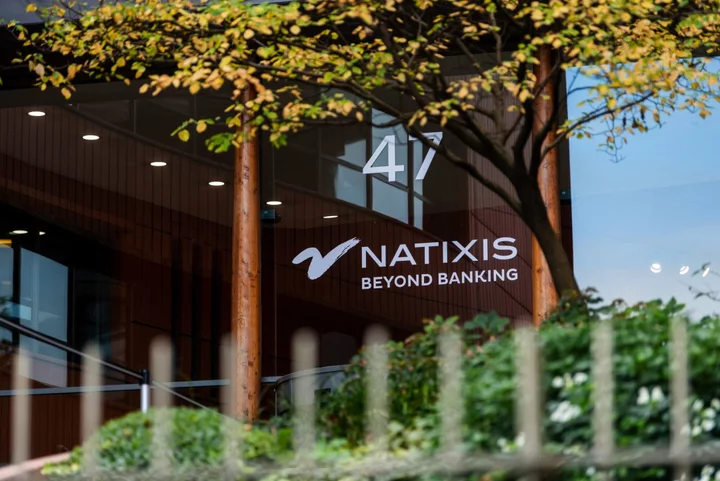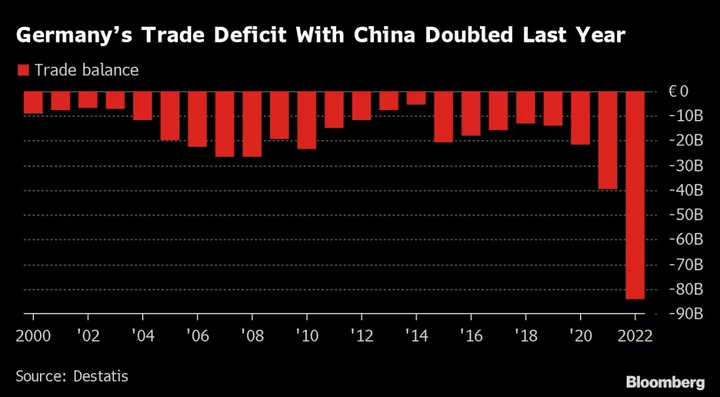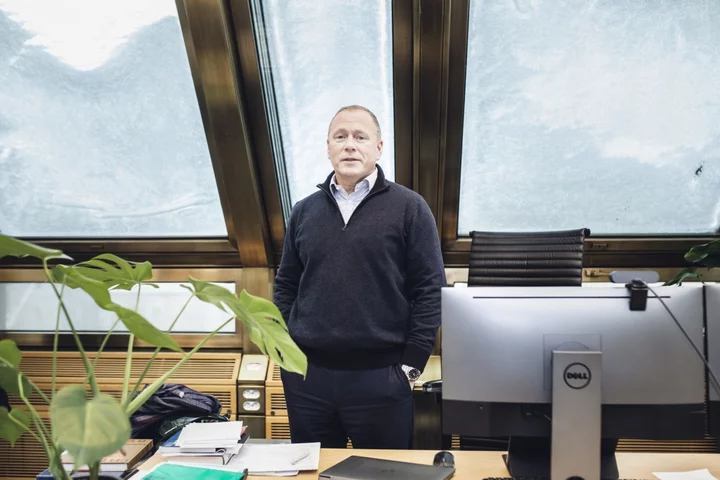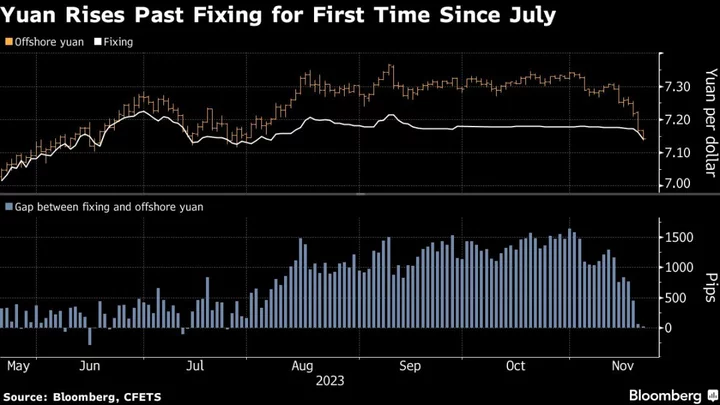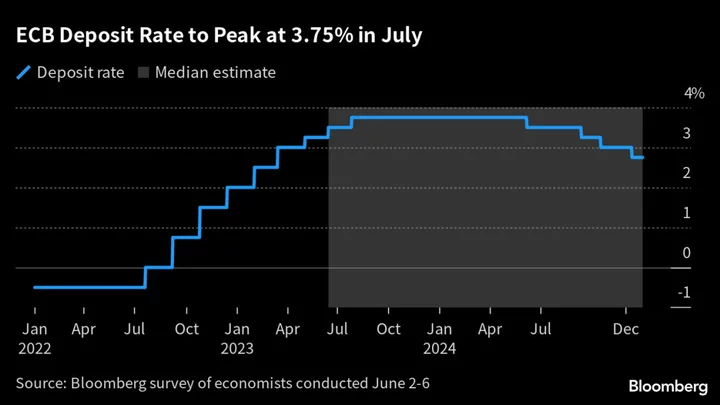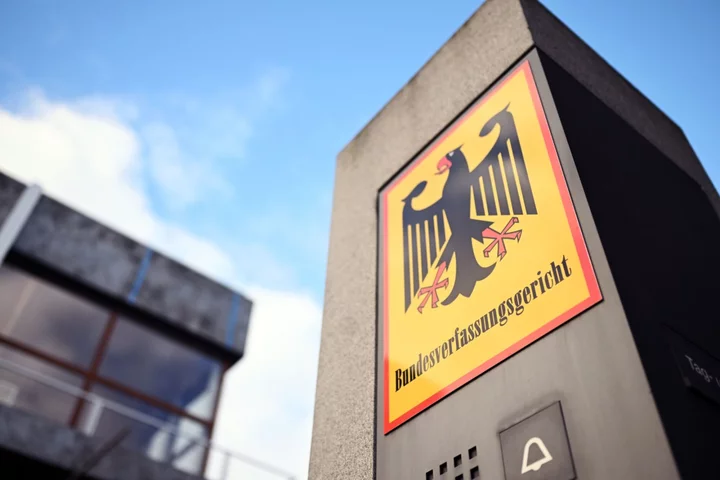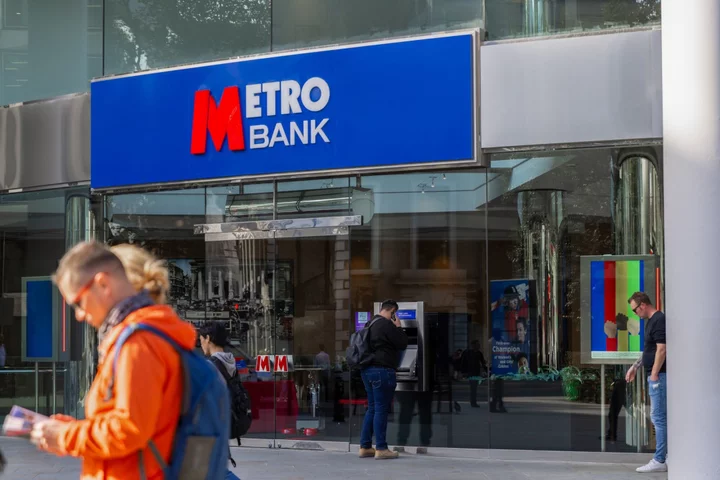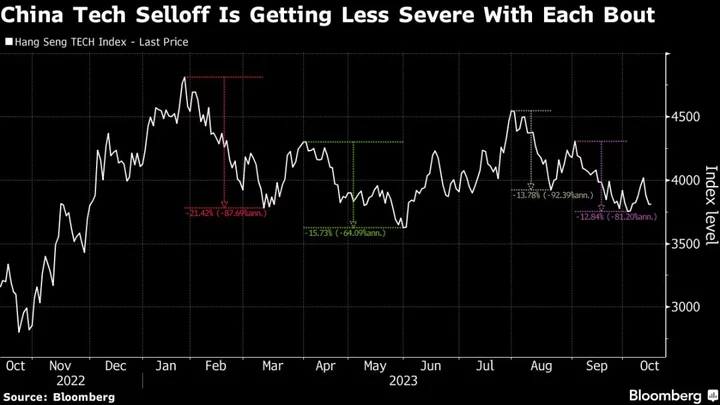French financial group BPCE SA is exploring strategic options for its $1.2 trillion Natixis Investment Managers business, people familiar with the matter said.
BPCE has been working with advisers to study a range of possibilities for the asset manager, the people said. It’s open to selling a majority stake though could also opt to divest a minority holding, according to the people, who asked not to be identified discussing non-public information.
A spokesman for the BPCE said the bank is working on a new strategic plan, which it plans to unveil in mid-2024, and is assessing how to expand all its businesses, including asset management. He declined to comment on the options for Natixis Investment Managers in particular.
BPCE, which operates banks and offers insurance in France, took full ownership of the asset management business in 2021 as part of the buyout of investment bank Natixis SA. BPCE is owned by its 29 retail cooperative banks, which in turned are owned by their member clients.
The buyout of Natixis followed a series of missteps at the firm at the time including trading losses in Korea and liquidity issues at one of its asset-management units, H2O Asset Management. At the time of the acquisition, BPCE said it wouldn’t rule out a stock market listing for Natixis Investment Managers.
DWS Group, the German asset-management house partly owned by Deutsche Bank AG, needs to do acquisitions, Bloomberg Intelligence analysts said in a July report. Amundi SA, Europe’s largest player in the sector, has been an example of successful dealmaking in the industry.
Natixis Investment Managers is one of Europe’s largest asset managers. The firm is known for its boutique model consisting of a collection of independent firms including names like Harris Associates, known for its large-cap equity holdings, or private equity firm Naxicap.
The cultural and intellectual independence of those managers is seen as a potential impediment for any deal. The asset management industry has been ripe for consolidation due to fee pressure and rising costs. Rising interest rates also mean that institutional investors have less incentives to invest in public equities.
--With assistance from Alexandre Rajbhandari.
Author: Jan-Henrik Förster and Eyk Henning

